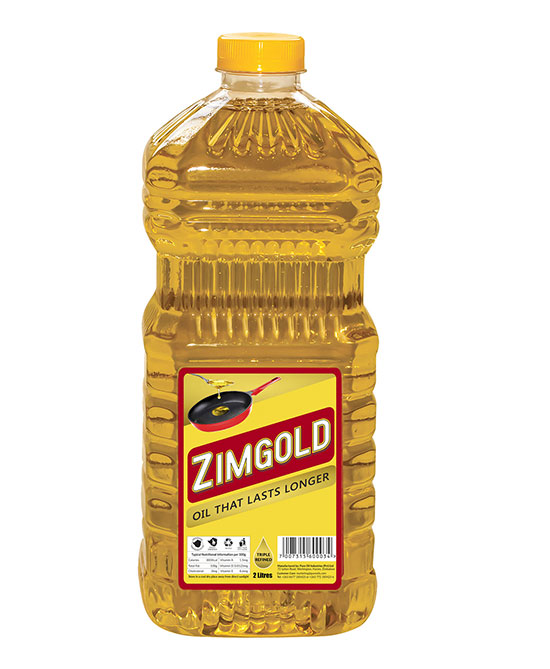A cooking oil is a liquid fat, either plant or animal, that is used for frying, baking, and flavoring. It may also be used to prepare food that does not require the use of heat. Some cooking oils are also referred to as edible oils. There are many different types of cooking oils. Here are a few things you should know about them.
Sunflower oil
Sunflower oil is an excellent choice for many different types of cooking, from sautéeing vegetables to roasting meats. Its neutral flavor allows for a variety of flavor combinations. However, when you cook with it, you should avoid high heat. The reason for this is that high heat damages sunflower oil, and can also lead to oxidation and free radical formation. To avoid this, make sure to choose only organic, cold-pressed sunflower oil, which is grown without GMOs or pesticides.
Sunflower oil comes in a variety of grades. Choose the highest-oleic version for the healthiest cooking. This oil contains more polyunsaturated fats and has a higher smoke point. Low-oleic varieties are also suitable for high-heat cooking, but have a higher risk of oxidation.
Canola oil
Canola oil is a highly versatile cooking oil that contains the least amount of saturated fat and the highest amount of monounsaturated and polyunsaturated fat. Its flavor is neutral and it can withstand high temperatures. Plus, it contains vitamins and plant sterols, which make it beneficial for the heart.
Canola oil was first developed in the 1970s by scientists from Canada. Rapeseed contains a high level of toxic components, so scientists worked to remove them from the plant. The result is a neutral cooking oil with little flavor or odor. It is also low in saturated fat and free of trans fats. Moreover, it is a good source of monounsaturated fat, which is beneficial for the heart.
Peanut oil
While peanut oil can be used in cooking, the quality of the oil depends on several factors. First, the fatty acid composition varies depending on the genotype, growth location, and maturity of the peanut. Moreover, peanut oil should be stored in a cool and dark place. Secondly, once used, the oil must be sealed before it can spoil. Third, oil can become rancid if exposed to oxygen. In such a case, the oil will no longer be edible.
Another thing to keep in mind when using peanut oil is its origin. You should ask the company about the country of production. This is crucial to get a true picture of the oil’s environmental impact.
Saffron oil
Saffron oil is an excellent oil that can be used for cooking. You can create it by combining saffron threads with olive or almond oil. Once you’ve made it, you should let it infuse for at least five minutes before you begin cooking. Saffron oil has numerous health benefits and can be used for many different things. It contains a lot of important nutrients like calcium, potassium, and many vitamins.
Saffron has anti-cancer and anti-inflammatory properties, which help fight skin conditions. It also helps promote healthy hair growth by strengthening the roots. Its scent can also relieve stress and tension. It is also a natural mood enhancer, stimulating the production of serotonin in the brain. However, saffron should not be consumed in excessive amounts or it can be toxic to the liver.
Rice bran oil
Rice bran oil is an excellent substitute for regular cooking oil. Its high smoke point and natural nutrient content make it a great choice for cooking. Many doctors and nutritionists recommend rice bran oil as an alternative cooking oil because of its health benefits and versatility. The natural properties of rice bran oil include high smoke point, bioactive phyto-chemicals, sterols and antioxidants. These substances improve the health of the body and help reduce cholesterol levels.
Other health benefits of rice bran oil include lowering the risk of heart disease. It contains a substance called origenone, which helps alleviate heart problems. The high smoking point of the oil helps lower cholesterol levels. Furthermore, it helps the immune system. A strong immune system reduces the risk of different diseases.
Almond oil
Almond oil is an edible nut oil that is an excellent substitute for vegetable oils. It is available in a variety of colors and can provide a range of health benefits. You can use foodgrade almond oil in your cooking for an array of benefits, including improved cardiovascular health, increased vitamin E levels, and improved skin and beauty. It is an excellent source of MUFAs, or monounsaturated fatty acids.
There are two types of almond oil – refined and cold pressed. Refined almond oil is more stable at high temperatures and is the preferred choice for frying and baking. Cold pressed almond oil is nutty and increases the flavor of dishes.
Coconut oil
Coconut oil is considered a wonder oil by many health experts and is a staple in the paleo and ketogenic diets. However, its benefits extend far beyond cooking. Read on to discover more about the many uses of coconut oil. This versatile oil is also good for your skin, and many people swear by it in baths and soaps.
Coconut oil is a solid at room temperature, but will liquefy if stored at a cooler temperature. It contains more fat solids than butter and has a higher melting point than butter. Virgin coconut oil is a neutral tasting oil that is perfect for sautéing vegetables and adding to sauces or curries.


